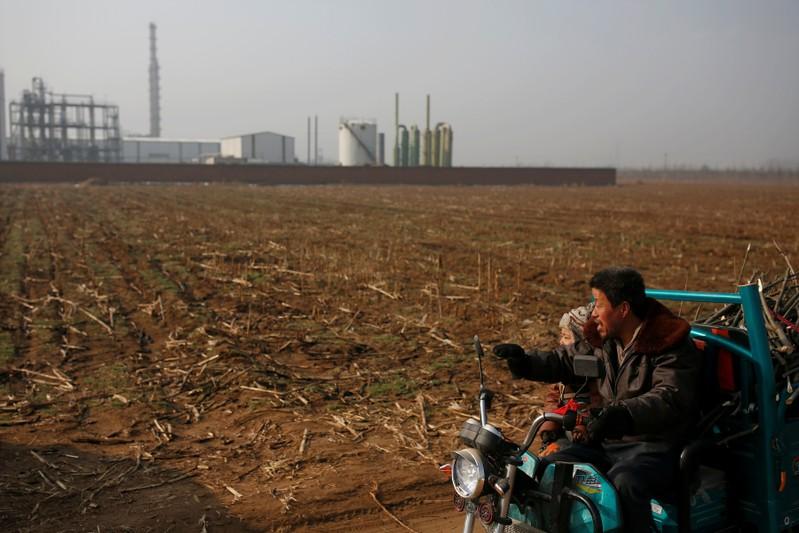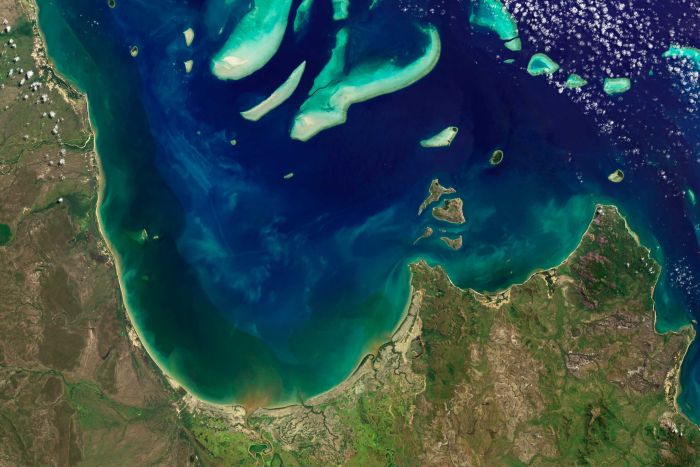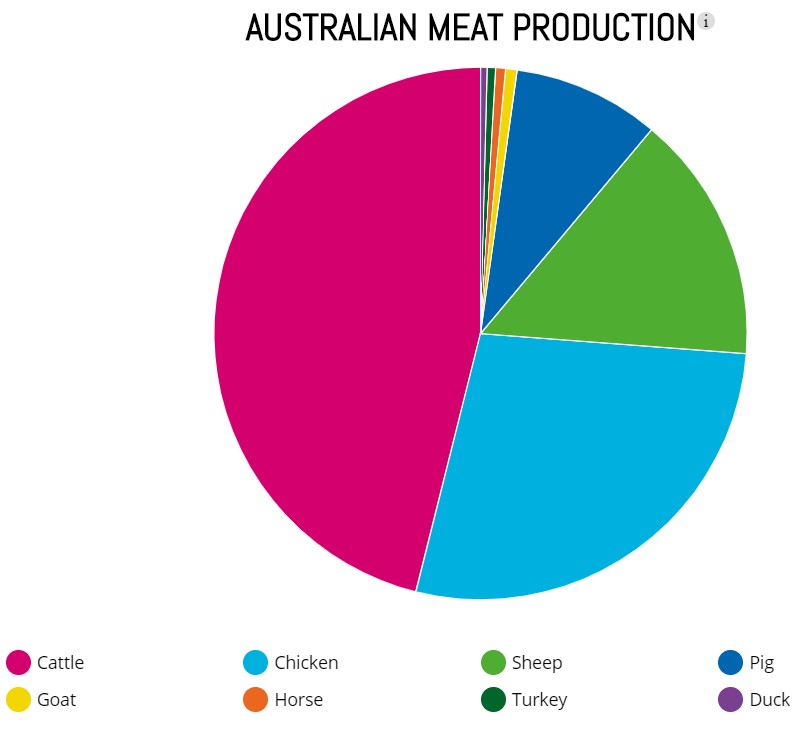
2/12/2019


ROME (Thomson Reuters Foundation) - The world needs to urgently cut its planet-warming greenhouse gas emissions to avoid a “perfect storm” that will lead to simultaneous falls in food production from both farming and marine fisheries, researchers said if emissions continue to rise rapidly, nearly "90% of the world's population ... are projected to be exposed to losses of food production in both sectors" by 2100, according to a new study here by researchers from countries such as France, the United States and Canada.
This amounts to about 7.2 billion people. In contrast, less than 3% of the population, or 0.2 billion people, live in regions that would experience simultaneous productivity gains.
“Climate change has put humanity on a dangerous path that will become increasingly difficult to reverse if greenhouse gas emissions are not taken much more seriously,” Lauric Thiault, the paper’s co-author, told the Thomson Reuters Foundation.
Almost 200 countries agreed in Paris in 2015 to curb temperature rises caused by burning fossil fuels, felling forests and other activities that emit greenhouse gases.
But economic development and industrialization around the world has resulted in an expansion of fossil fuel infrastructure, such as power plants and pipelines.
Earlier this week, a report by the World Meteorological Organization said greenhouse gases in the atmosphere hit a new record in 2018.
Reuters, 28/11/2019, https://www.reuters.com/article/us-global-food-climate/perfect-storm-awaits-farming-and-fisheries-if-world-doesnt-curb-emissions-idUSKBN1Y212O

"Times are a'changing. The younger generation is more advanced, we definitely want to do a better job than we did in the past."
To achieve that goal, Mr Parisi embarked on an ambitious revegetation project on his Fishery Falls cane farm, around 40 kilometres south of Cairns, in partnership with non-for-profit environmental group Greening Australia and local volunteers from Mulgrave Landcare.
It's possibly the biggest-ever restoration of a cane farm in the Great Barrier Reef catchment, with 7,500 trees completing a riparian and wildlife corridor and establishing the Mulgrave-Russell River catchment as one of the very few to have continuous trees along its creeks and tributaries.
Where Mr Parisi's forefathers once drained and cleared the land to plant cane, the enterprising cane grower is now devising ways to restore the wetland and retain water by building a lagoon. It will act as a large filter, allowing sediment and nutrients to settle to the bottom before flowing through to the river system and ultimately the Great Barrier Reef.
The changed landscape is clearly a source of pride to Mr Parisi, as he lists the many native species including barramundi, rainbow fish, two resident crocodiles swimming in the lagoon, and more than 40 birds known to frequent the area.
"We're trying to leave this place in a better position than when we found it," he said.
Greening Australia's project officer Lisa O'Mara said it was a "no brainer" for her organisation to work with farmers and Landcare to protect the reef.
Other groups such as Sugar Research Australia, BirdLife NQ and TropWater had also been engaged to monitor and measure the outcomes against 'real data' with a view to validating the value of using trees, in combination with a constructed wetland, to control and limit sediment and nutrient run-off.
"We're in paradise here and we have so much to protect, and I'm just so glad to be a part of it."
Reuters, 27/11/2019, https://www.abc.net.au/news/rural/2019-11-28/cane-farmer-len-parisi-reef-champion-award/11741222

Australia’s meat production is dominated by beef, half of which is exported. However, with the recent return of swine flu (H1N1) to the market, it is estimated that Chinese pork production will plummet 40 per cent by next year, equating to a loss of 15-20 million tonnes of meat. This means enormous potential for growth in Australian exports, but also means a rising price for meat (specifically pork) domestically as well.
ClimateWorks Australia, “Australia’s Land Use”, 2019, https://www.climateworksaustralia.org/land-use-futures/australias-land-use

DISCLAIMER
This newsletter has been prepared by Duxton for circulation to its clients, who are accredited or institutional investors as defined in the Securities and Futures Act, Chapter 289 of Singapore and the Securities and Futures (Prescribed Specific Classes of Investors) Regulations or are sophisticated investors or wholesale clients as defined in the Corporations Act 2001 (Cth) (Act) or are persons not requiring a regulated disclosure document pursuant to Chapter 6D of the Act (”Permitted Investors”), and is not intended for use by retail investors. The fund management industry in Singapore is regulated by the Monetary Authority of Singapore (”MAS”), and no person can act as a fund manager unless they are the holder of a capital markets services licence for fund management or are operating as a registered fund management company. Duxton Asset Management Pte Ltd holds a Capital Markets Services Licence to conduct the regulated activity of fund management for accredited and/or institutional investors.
This newsletter is for distribution only under such circumstances as may be permitted by applicable law. Nothing in this newsletter constitutes financial, investment, tax, legal or any other form of advice, recommendation or a representation that any investment strategy or recommendation contained herein is suitable or appropriate to a recipient’s individual circumstances, or otherwise constitutes a personal recommendation. In particular, nothing in this newsletter is intended to constitute financial advice under the Financial Advisers Act, Chapter 110 of Singapore. Duxton, its employees or its affiliates may from time to time hold, either directly or through the portfolios that it manages, an interest in some or all of the stocks or companies discussed in this newsletter. Where stock or company names are mentioned, it should not be construed that these are recommendations to buy or sell those stocks or companies. If you require investment advice please contact a regulated financial adviser.
This newsletter is published solely for general information purposes, does not constitute an advertisement and is not to be construed as a solicitation or an offer to buy or sell any securities or related financial instruments in any jurisdiction. No representation or warranty, either expressed or implied, is provided in relation to the accuracy, completeness or reliability of the information contained herein, nor is it intended to be a complete statement or summary of the markets or developments referred to in the newsletter.
This newsletter is not the basis for any contract to deal in any security or instrument, or for Duxton or their affiliates to enter into or arrange any type of transaction as a consequence of any information contained. Information from this newsletter must not be issued in any jurisdiction where prohibited by law and must not be used in any way that would be contrary to local law or regulation. Specifically, this newsletter is not directed at US persons.
To the fullest extent permitted by law, neither Duxton nor any of its affiliates, nor any of Duxton’s or any of its affiliates’ directors, employees or agents, accepts any liability for any loss or damage arising out of the use of all or any part of this newsletter.
Duxton specifically prohibits the redistribution of this material in whole or in part without the written permission of Duxton and Duxton accepts no liability whatsoever for the actions of third parties in this respect.
All third party data (such as Bloomberg) are copyrighted by and proprietary to the provider.